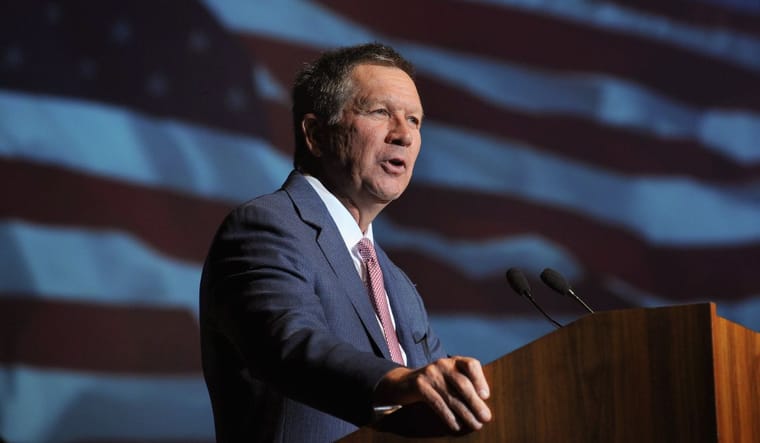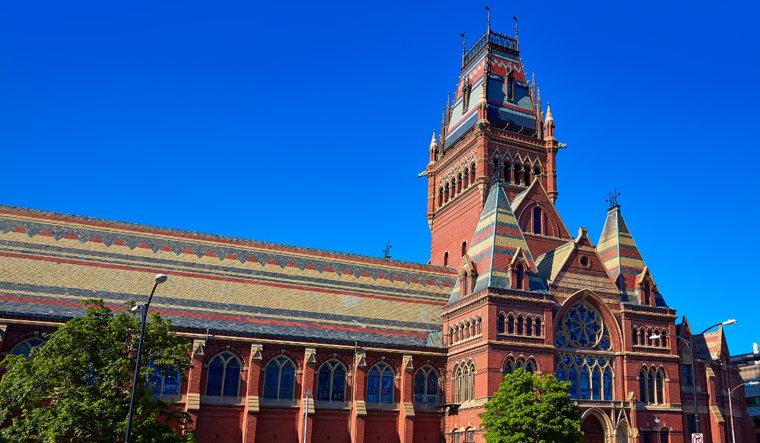The Ongoing Crisis in the Middle East Has Rocked Us All. Rabbi Steve Leder and Imam Jihad Turk Walk Us Through What We Need to Know
Last Saturday, those of us in the United States woke up to the news of terror attacks by Hamas against ordinary civilians in Israel—innocent women, men, children, and the elderly brutally assaulted and killed.
As devastating reports from the region continue to hit our inboxes and internet browsers, it’s been hard to escape the onslaught of information, misinformation, and insensitive comments about the conflict in Israel and Palestine.
It also became immediately clear that our Jewish friends and loved ones are hurting—and terrified. So are our Muslim friends and loved ones. We are all hurting as we witness this heartbreaking story that continues to unfold.
How do we hold space for that hurt and grieving in this incredibly complex moment—both for ourselves, and our loved ones? We reached out to two trusted, big-hearted spiritual leaders to tackle that question: Rabbi Steve Leder of Wilshire Boulevard Temple and Imam Jihad Turk, founding president of Bayan Islamic Graduate School.
The following reflect two separate conversations, one with Rabbi Leder and one with Imam Turk, that we have combined here. What they told us broke our hearts and left them open to grief—both others’ and our own.
A CONVERSATION WITH RABBI STEVE LEDER AND IMAM JIHAD TURK
Rabbi Leder: Can you offer some insight into why our Jewish loved ones and colleagues are hurting so badly right now?
What's happening is the oldest of stories—knocking on doors, raping, slaughtering, murdering, executing—it goes back all the way to the beginning for Jews. And in that sense, what happened doesn't just resonate when it comes to our deep connection to Israel. It's what our Persian brothers and sisters living in America went through when the Shah was deposed. It is what the grandparents and parents of so many went through in Eastern Europe during the Holocaust.
I could give you a list of 100 moments in history where this has been the Jewish story—where the Jew has been blamed and scapegoated for the problems of the larger society in which Jews live. There is no religious community with a longer, more frequent or deadlier history of trauma.
Imam Turk: In your Muslim community, what are people saying and asking you right now?
People are telling me stories of family members killed, often children, in Gaza. Sometimes, these stories include entire families killed; one friend lost a family of six. And I see the families that have been devastated in Israel. It's heart-rending. People are concerned that this is just the beginning of more loss of life and trauma. It's traumatic to live under the fear of bombs falling on both sides. There's an anxiousness, fear, desperation, and helplessness.
Rabbi Leder: You are being called to step up at this moment in time as a Jewish leader. What are you saying to those who come to you? How are you providing comfort?
I often revert to this Buddhist saying which is, “Tend to the part of the garden you can reach.” There will be time to analyze Israeli security failures. But saying that what happened is Israel's fault for not being on guard is akin to blaming the victim for rape.
Right now, I have a platform and I'm using it to tell the truth. All of us have a platform. It might be your dinner table. It might be your office. It might be your Instagram followers, even if it’s just seven or eight of them. It might be your neighbor. We all have a platform and agency; we all have a part of the garden we can reach.
Imam Turk: As a religious leader, how are you providing comfort to those who seek your counsel?
One of the comforts that faith provides those facing hardship, suffering, and turmoil is hope in a couple of things. One, that people of good conscience might come together to try to find a solution that would prevent further escalation and bloodshed. Two, that God, who is the source of peace and mercy, might miraculously provide them comfort in the face of hardship.
Know that this world is not the end all and be all. As horrific as this life can be, if we respond to hardship with patience and a moral response, we might be in God's good graces in the hereafter.
Rabbi Leder: How do we collectively start to move forward—to heal and to become the healers in our own patch of garden?
There is a time for healing. There's also a time for saving and rescuing. I've had surgeries. My wife has had surgeries. You heal after the surgery. You don't heal during it. So, healing will come. As I said, this is the oldest of Jewish stories and yet the Jews remain a remarkably progressive and forgiving and generous people. Healing will come because it's in our DNA. But first, the wound is open and the bleeding has to be stopped.
Right now, calls for healing would be to deny the enormity of the wound.
Imam Turk: What is on your heart right now that you'd like to share?
Twenty-four hours before things erupted, I had just come back from this region where I led an interfaith trip with Rabbis, Imams, and Christian Pastors. We were looking at how, as peoples of faith, we can stand together for justice and against injustice. Now more than ever, we as human beings must respect the dignity of every life and mourn the destruction of lives lost through murder and aggression.
As the Quran teaches us, we must stand and witness, even against our own selves, and we must stand for truth. There is no justification for the taking of innocent lives, not when done at the hand of a Palestinian, not when done at the hand of an Israeli, whether that be a person representing an organization, institution, or military.
We must stand together for the freedom and dignity of all people. There is an urgency right now to figure out a long-term solution to the untenable circumstances of those living in the region on both sides of the equation.
Rabbi Leder: Once we’ve acknowledged the enormity of the wound, then what can we do?
One way to do it is to try to imagine yourself as a victim. Try to put yourself in the position of innocent Israelis. That is the first step toward empathy.
Do I empathize with the Palestinian people? Now more than ever, because now we see who rules them and what they have been subjected to. I feel for the people of Gaza. They're inmates in a prison with a prison gang in charge.
Try to imagine what happened in Israel happening to you and your family—and imagine how many generations it would take for your family to heal. Let's start with some empathy, not analysis. Because without empathy, all is lost.
Without empathy, anything is possible—and I don't mean anything good.
Rabbi Steve Leder is Senior Rabbi of Wilshire Boulevard Temple in Los Angeles.
Imam Jihad Turk is the Founding President of Bayan Islamic Graduate School.
Please note that we may receive affiliate commissions from the sales of linked products.



